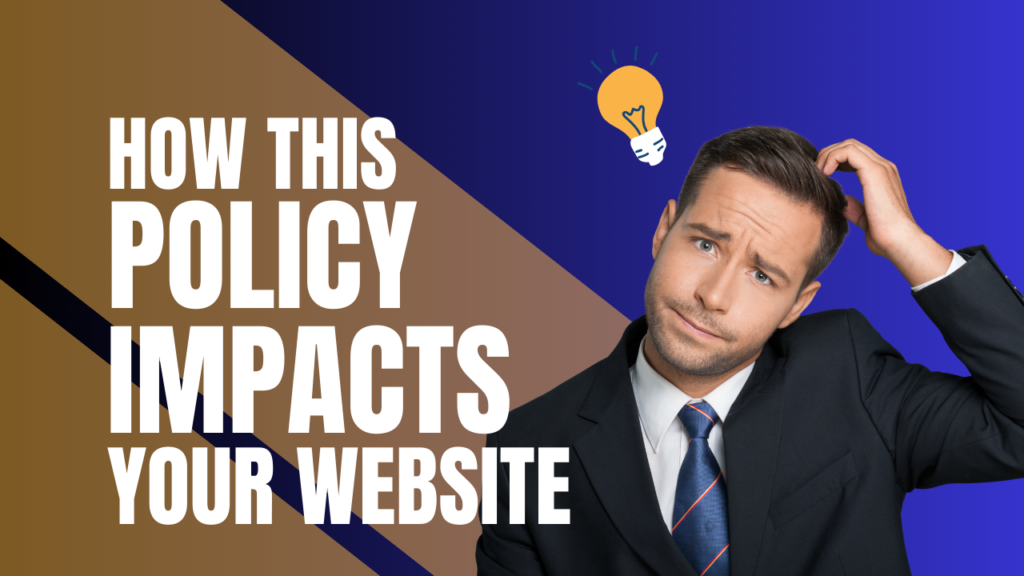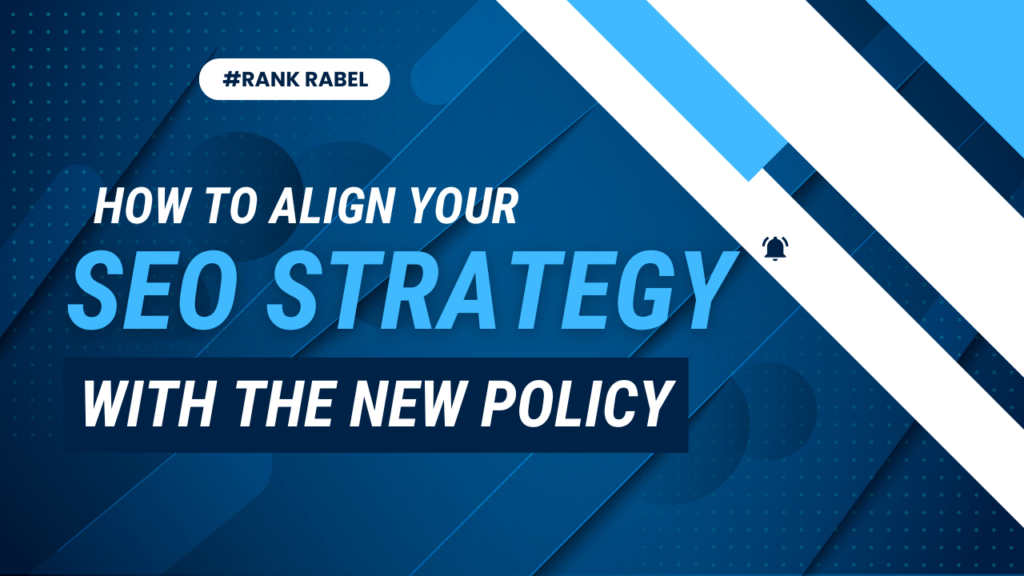Last year shook the foundations of SEO strategies worldwide, and for a good reason—Google raised the bar for what it means to build trust and authenticity online.
In this blog, I’m diving deep into Google’s updated Site Reputation Policy, how it’s changing the SEO landscape, and what strategies you need to adopt to stay ahead.
Hey Everyone, What’s up? It’s Renu here! Bringing you the insider scoop on why 2025 is the year to pivot your SEO game and focus on what truly matters.
What is the Site Reputation Abuse Policy?
Google’s Site Reputation and Abuse Policy is a game-changing guideline designed to ensure the web remains a safe, trustworthy space. It cracks down on spam, abuse, and deceptive practices, placing more weight on authentic and high-quality content.
Here’s what you need to know:
- Transparency Takes Center Stage
Websites must now prioritize clear, honest communication. Whether it’s your privacy policies or your content sources, everything needs to be upfront and user-focused. - Spam Gets Smarter—And So Does Google
Manipulative tactics like cloaking, hidden text, or excessive keyword stuffing? Forget about it. Google’s algorithms are sharper than ever, and the penalties for non-compliance are steep. - Trustworthiness is Non-Negotiable
This update places a premium on building site reputation through legitimate practices like E-A-T (Expertise, Authoritativeness, Trustworthiness).
How This Policy Impacts Your Website

If you’ve been relying on outdated tactics or ignoring certain aspects of user trust, this policy could have serious consequences. Here are a few examples:
- Duplicate Content: Google is stricter about penalizing sites with repetitive, low-value content.
- Outdated Backlinks: Spammy or irrelevant backlinks can drag down your site’s reputation.
- Ignored User Experience: Slow-loading pages, intrusive ads, or hard-to-navigate layouts will hurt your rankings.
What I Learned the Hard Way
Last year, I witnessed one of my client’s websites drop from the first page to obscurity in less than a week. Why? Poor-quality backlinks and outdated content flagged by this very policy.
It was a wake-up call to revisit every aspect of my SEO strategy. Here’s what I did:
- Conducted a comprehensive content audit to eliminate duplicate or thin content.
- Updated the site’s backlink profile, removing harmful links and focusing on genuine partnerships.
- Revamped the user experience, ensuring faster load times and a seamless mobile interface.
How to Align Your SEO Strategy with the New Policy
To stay ahead, you need to embrace a future-proof approach. Here are my top strategies:

Focus on User Intent
Every piece of content should solve a problem, answer a question, or fulfill a need. Understand what your audience is searching for and deliver it better than anyone else.
Build High-Quality Backlinks
Forget about shortcuts. Develop genuine relationships with industry leaders and create content worth linking to.
Enhance Transparency
Update your privacy policy, clearly cite your sources, and ensure your contact information is easy to find.
Optimize for Page Experience
From Core Web Vitals to mobile usability, Google’s emphasis on user experience is stronger than ever. Speed up your site, simplify navigation, and reduce intrusive elements.
People Also Ask (FAQs)
1. What is Google’s E-A-T principle, and why is it important?
E-A-T stands for Expertise, Authoritativeness, and Trustworthiness, which Google uses to evaluate the quality of content and the reputation of websites. High E-A-T signals better rankings and user trust.
2. How can I improve my website’s reputation under the new policy?
Focus on creating high-quality, original content, earning backlinks from reputable sites, and providing an excellent user experience. Regular audits and updates to align with Google’s standards are crucial.
3. What are some red flags to avoid under the Site Reputation Policy?
- Publishing duplicate or plagiarized content.
- Engaging in black-hat SEO tactics like cloaking or hidden text.
- Hosting low-quality, irrelevant backlinks.
4. Does user experience directly affect SEO rankings now?
Absolutely. Google prioritizes fast-loading, mobile-friendly, and user-intuitive websites. The better the experience, the higher your chances of ranking well.
5. What tools can help me align with this new policy?
Use tools like Google Search Console, Ahrefs, and SEMrush for regular site audits, backlink analysis, and monitoring Core Web Vitals.
Why This Policy is a Win for SEO
While the stricter guidelines may seem daunting, they’re a step forward in making the internet a better space for users. By prioritizing quality and authenticity, you’re not just complying with Google’s standards—you’re building a stronger, more sustainable online presence.
Final Thoughts
Navigating these changes can be challenging, but with the right strategy, you can turn them into opportunities. Remember, SEO isn’t just about algorithms—it’s about people.
If you’re ready to future-proof your website and thrive under Google’s new policies, let’s connect. Follow me on Linkedin – Contact me today for a tailored SEO strategy that prioritizes trust, transparency, and long-term success.
Because the future of SEO isn’t just about rankings—it’s about relationships.








